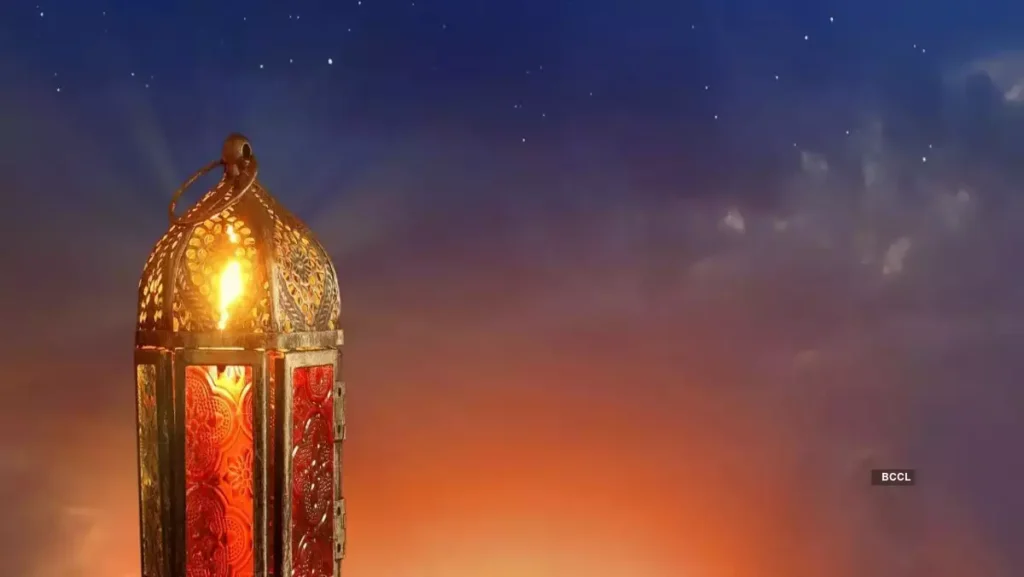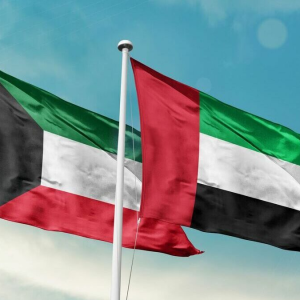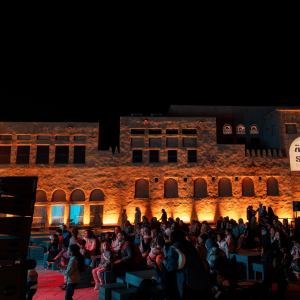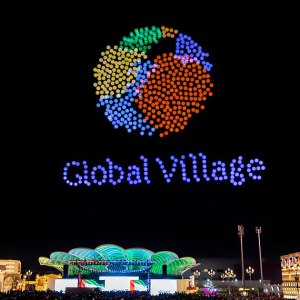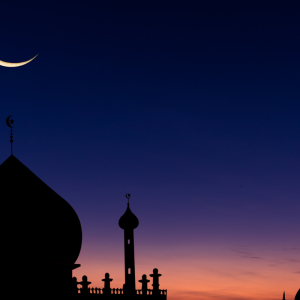Eid al-Adha, also known as the Festival of Sacrifice, is one of the most important Islamic holidays. It is a time of devotion, gratitude, and charity, celebrated by millions of Muslims worldwide. In 2025, Eid al-Adha will be observed with great enthusiasm, bringing families and communities together in prayer and celebration.
When Is Eid al-Adha 2025?
Eid al-Adha is celebrated on the 10th day of Dhu al-Hijjah, the last month of the Islamic lunar calendar. The date varies each year because the Islamic calendar follows the lunar cycle rather than the Gregorian calendar. In 2025, Eid al-Adha is expected to fall on the evening of Friday, June 6, and continue until the evening of Tuesday, June 10, depending on moon sightings in different parts of the world.
The Story Behind Eid al-Adha

Eid al-Adha honors the willingness of Prophet Ibrahim (Abraham) to sacrifice his son Ismail (Ishmael) as an act of obedience to God. According to Islamic tradition, just before Ibrahim carried out the sacrifice, Allah replaced Ismail with a ram, saving the boy’s life. This event symbolizes faith, submission, and devotion to God.

To commemorate this, Muslims around the world perform the ritual of Qurbani (sacrifice) by slaughtering an animal, usually a goat, sheep, cow, or camel. The meat is divided into three parts:
- One-third for the family.
- One-third for relatives and friends.
- One-third for the less fortunate.
How Do Muslims Celebrate Eid al-Adha?
Eid al-Adha is a time of joy, reflection, and generosity. The celebrations include:

1. Special Eid Prayers
Muslims gather early in the morning for a special prayer called Salat al-Eid. This prayer is performed in large open spaces or mosques and includes a sermon reminding worshippers about the importance of sacrifice and charity.
2. Qurbani (Sacrifice)
Families who can afford it perform Qurbani. The sacrificed animal’s meat is distributed among family, friends, and those in need. In some countries, people donate money to charities, which then perform the sacrifice on their behalf and distribute the meat to the poor.
3. Giving to the Needy
Charity is an essential part of Eid al-Adha. Muslims ensure that everyone, especially the less fortunate, can participate in the celebrations. Donations in the form of food, clothes, and money are common.
4. Feasting and Family Gatherings
After the Qurbani, families come together to enjoy a grand feast. Traditional dishes include biryani, kebabs, roasted meat, and sweet delicacies like sheer khurma (a milk and date dessert). It is also a time to visit relatives and strengthen bonds.
5. Wearing New Clothes
People dress in their finest clothes for Eid prayers and celebrations. In many cultures, it is customary to buy new outfits, particularly for children.
6. Visiting Loved Ones and Exchanging Gifts
Muslims visit family and friends, exchange Eidi (gifts or money), and spread joy. Children especially look forward to receiving Eidi from elders.
Eid al-Adha Around the World
The way Eid al-Adha is celebrated varies from country to country, but the essence remains the same. Here are some unique traditions:
- Saudi Arabia: Millions of Muslims travel to Mecca to perform Hajj, a pilgrimage that takes place during the days of Eid al-Adha.
- Pakistan & India: Streets come alive with Eid bazaars, where people shop for clothes, jewelry, and sweets.
- Turkey: Known as Kurban Bayramı, families gather to share meals, and some donate the entire sacrifice to the needy.
- Egypt: The holiday is marked by public celebrations, traditional songs, and delicious feasts.
- Indonesia & Malaysia: Muslims prepare traditional dishes like rendang (spicy beef stew) and organize community feasts.
Modern Ways to Celebrate Eid al-Adha
In today’s digital world, some Muslims celebrate Eid in modern ways:
- Online Qurbani Donations: Many charities allow people to donate online, ensuring that meat reaches the needy in different countries.
- Virtual Gatherings: Families living in different parts of the world connect via video calls to celebrate together.
- Eco-Friendly Eid: More people are focusing on sustainable celebrations, reducing waste, and ensuring ethical treatment of animals during Qurbani.
Why Is Eid al-Adha Important?
Eid al-Adha is more than just a festival. It is a reminder of faith, devotion, and sacrifice. The holiday teaches valuable lessons of gratitude, kindness, and helping those in need. By sharing food, giving charity, and strengthening family ties, Muslims embrace the true spirit of Islam.
Final Thoughts
Eid al-Adha 2025 is set to be a grand celebration for Muslims across the world. Whether through prayer, sacrifice, charity, or feasting, the festival brings people together in a spirit of love and generosity. As we approach this sacred occasion, let us remember its true meaning and spread joy and kindness wherever we can. Eid Mubarak!
Also read: How Saudi Arabia is Making National Day 2025 Bigger Than Ever!

